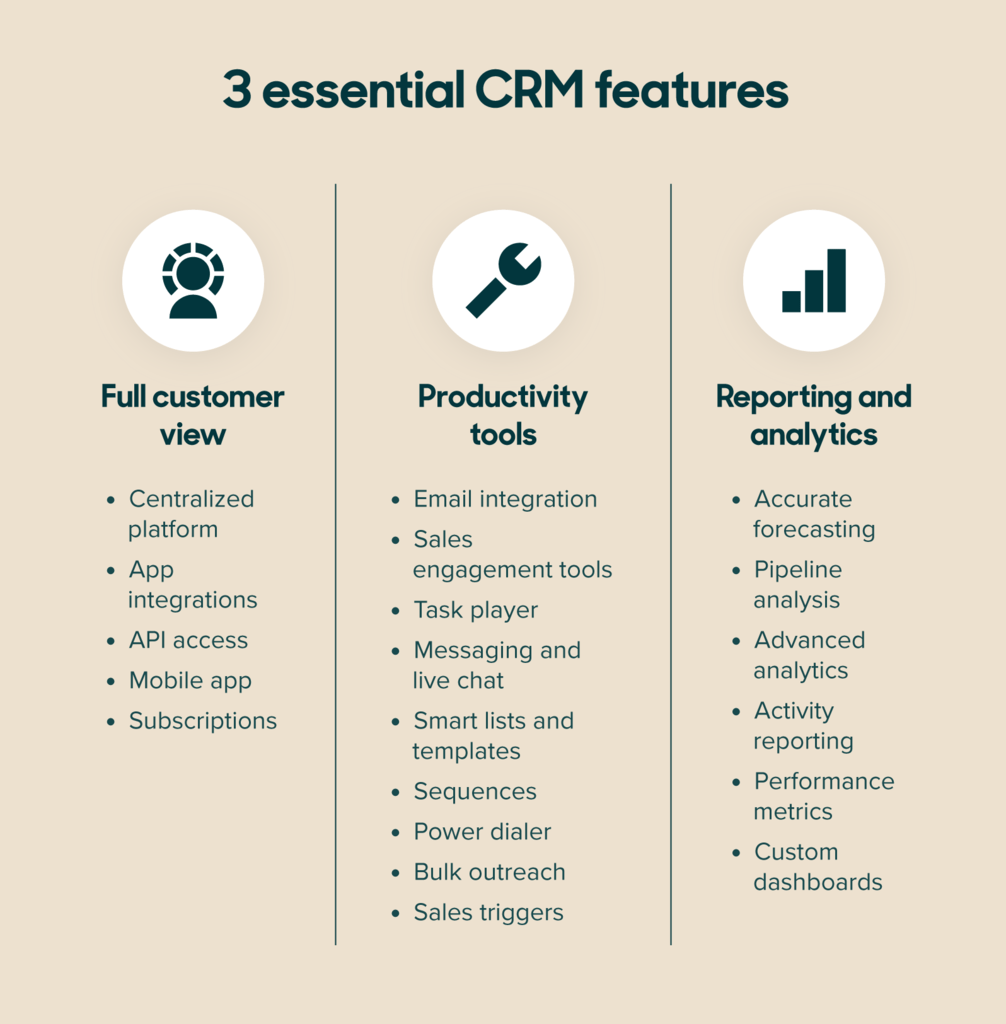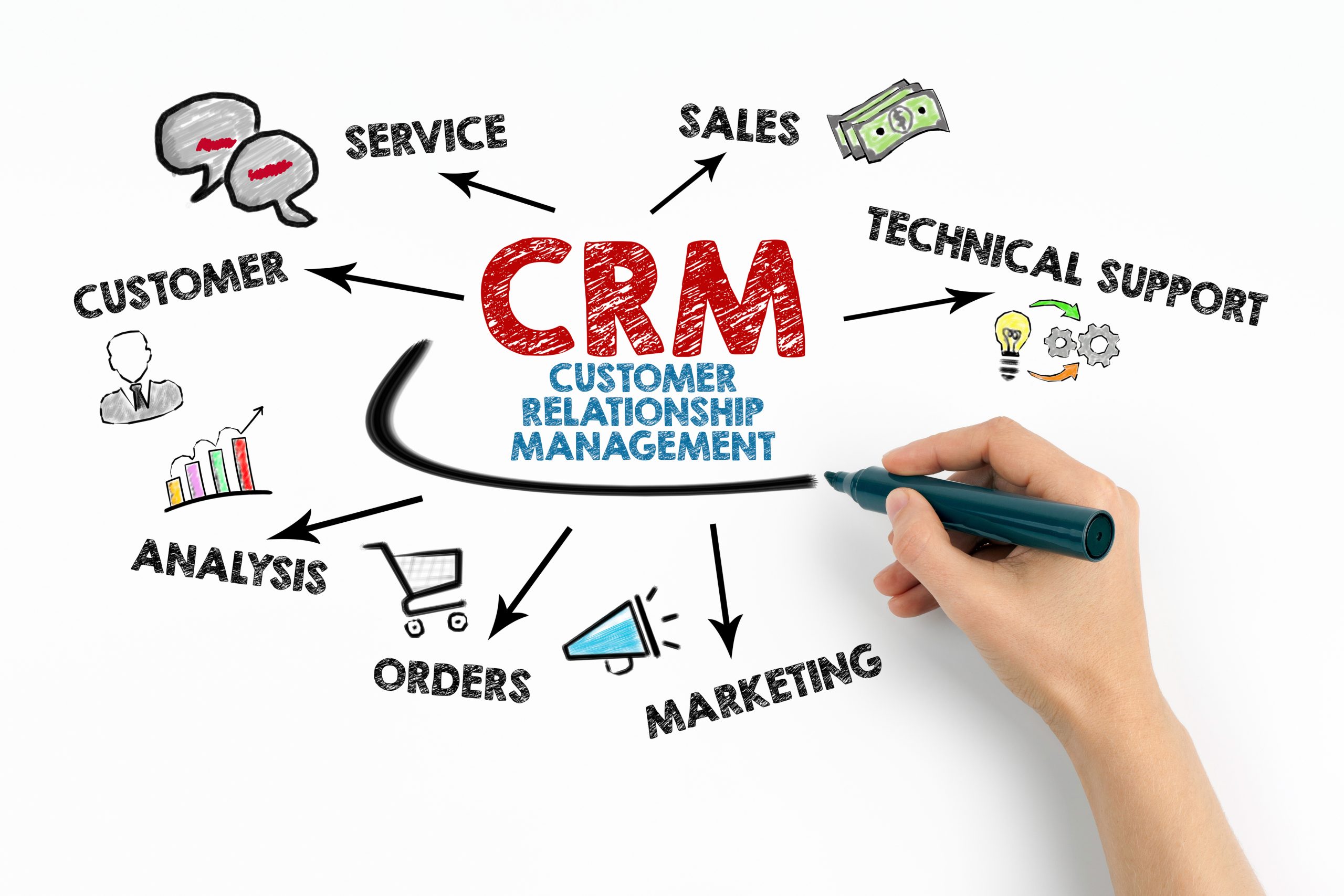
CRM for Dynamic Email Personalization: The Key to Unlocking Customer Engagement
In the fast-paced world of digital marketing, generic, one-size-fits-all emails are a surefire way to end up in the spam folder. Today’s consumers expect more. They crave personalized experiences that demonstrate a deep understanding of their needs and preferences. That’s where the synergy between Customer Relationship Management (CRM) systems and dynamic email personalization comes into play.
What is Dynamic Email Personalization?
Dynamic email personalization goes beyond simply inserting a customer’s name into the subject line. It involves tailoring the content of an email to each recipient based on their individual characteristics, behaviors, and preferences. This means that different subscribers will see different content within the same email template, creating a unique and relevant experience for everyone.
The Power of CRM in Dynamic Email Personalization
A CRM system serves as the central hub for all customer data. It captures and organizes information about your leads and customers, including:
- Demographics: Age, gender, location, occupation, etc.
- Purchase History: Past purchases, order frequency, average order value, etc.
- Website Activity: Pages visited, products viewed, content downloaded, etc.
- Email Engagement: Open rates, click-through rates, responses, etc.
- Social Media Activity: Interactions with your brand on social media platforms.
- Customer Service Interactions: Support tickets, feedback, complaints, etc.
By integrating your CRM with your email marketing platform, you can leverage this wealth of data to create highly targeted and personalized email campaigns.
How CRM Enables Dynamic Email Personalization
Here’s a breakdown of how CRM data can be used to personalize different aspects of your emails:
-
Segmentation: CRM data allows you to segment your audience into smaller, more specific groups based on shared characteristics. For example, you can create segments for:
- Customers who have purchased a specific product category.
- Leads who have downloaded a particular ebook.
- Customers who have not made a purchase in the last six months.
- Customers who live in a specific geographic region.
- Customers who have high customer satisfaction scores.
-
Personalized Content Blocks: Based on your segments, you can create dynamic content blocks that display different content to different subscribers. For example:
- Show product recommendations based on past purchases or browsing history.
- Display testimonials from customers who are similar to the recipient.
- Offer discounts on products that the recipient has shown interest in.
- Provide content that is relevant to the recipient’s industry or job title.
-
Dynamic Subject Lines: Use CRM data to personalize subject lines and increase open rates. For example:
- Include the recipient’s name or company name.
- Reference a recent purchase or interaction.
- Offer a personalized discount or promotion.
- Personalized Send Times: CRM data can help you determine the best time to send emails to each subscriber. For example, you can send emails based on the recipient’s time zone or their past email engagement patterns.
-
Behavioral Triggers: Set up automated email sequences that are triggered by specific customer behaviors. For example:
- Send a welcome email to new subscribers.
- Send a thank-you email after a purchase.
- Send a reminder email to customers who have abandoned their shopping cart.
- Send a follow-up email to customers who have recently interacted with your website.
Benefits of CRM-Driven Dynamic Email Personalization
The benefits of using CRM for dynamic email personalization are numerous:
- Increased Engagement: Personalized emails are more relevant and engaging, leading to higher open rates, click-through rates, and conversions.
- Improved Customer Experience: Customers appreciate receiving emails that are tailored to their needs and interests. This leads to a more positive customer experience and increased brand loyalty.
- Higher Conversion Rates: By delivering the right message to the right person at the right time, you can significantly increase your conversion rates.
- Increased Revenue: Higher conversion rates translate into increased revenue and profitability.
- Better ROI: CRM-driven email personalization can help you get a better return on your email marketing investment.
- Stronger Customer Relationships: By demonstrating that you understand your customers’ needs, you can build stronger and more lasting relationships with them.
- Improved Customer Retention: Personalized emails can help you keep your customers engaged and prevent them from churning.
Best Practices for CRM-Driven Dynamic Email Personalization
To maximize the benefits of CRM-driven dynamic email personalization, follow these best practices:
- Start with a Strong CRM Foundation: Ensure that your CRM system is properly configured and that your customer data is accurate and up-to-date.
- Segment Your Audience Effectively: Create segments that are based on meaningful criteria and that are relevant to your marketing goals.
- Personalize Strategically: Don’t just personalize for the sake of personalization. Focus on personalizing the elements of your emails that will have the biggest impact on your results.
- Test and Optimize: Continuously test different personalization strategies and optimize your campaigns based on the results.
- Respect Customer Privacy: Be transparent about how you are using customer data and give customers the option to opt out of personalization.
- Use Dynamic Content Wisely: Avoid over-personalization, which can come across as creepy or intrusive.
- Mobile Optimization: Ensure all emails are optimized for viewing on mobile devices.
- Ensure Data Privacy Compliance: Comply with all relevant data privacy regulations (e.g., GDPR, CCPA).
Choosing the Right CRM and Email Marketing Platform
Selecting the right CRM and email marketing platform is crucial for successful dynamic email personalization. Look for platforms that offer:
- Seamless Integration: The CRM and email marketing platform should integrate seamlessly to allow for easy data transfer.
- Segmentation Capabilities: The platform should offer robust segmentation capabilities to allow you to create highly targeted audiences.
- Dynamic Content Features: The platform should offer features for creating and managing dynamic content blocks.
- Automation Capabilities: The platform should offer automation capabilities to allow you to set up triggered email sequences.
- Reporting and Analytics: The platform should provide comprehensive reporting and analytics to help you track your results and optimize your campaigns.
Conclusion
In today’s competitive landscape, dynamic email personalization is no longer a luxury – it’s a necessity. By leveraging the power of your CRM system, you can create highly targeted and personalized email campaigns that drive engagement, improve customer experience, and increase revenue. Embrace the power of CRM-driven dynamic email personalization and unlock the full potential of your email marketing efforts. By following the best practices outlined above, you can create a powerful and effective email marketing strategy that delivers real results.

